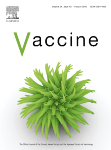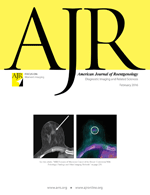
Ben Goldacre has been a busy man. In the last six weeks, the author and medical doctor’s Compare Project has evaluated 67 clinical trials published in the top five medical journals, looking for any “switched outcomes,” meaning the authors didn’t report something they said they would, or included additional outcomes in the published paper, with no explanation for the change. The vast majority – 58 – included such discrepancies. Goldacre talked to us about how journals – New England Journal of Medicine (NEJM), JAMA, The Lancet, BMJ, and Annals of Internal Medicine — have responded to this feedback.
Retraction Watch: When you discover a published trial has switched outcomes, what do you do? Continue reading Top journals give mixed response to learning published trials didn’t proceed as planned









